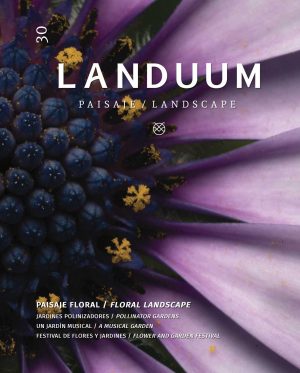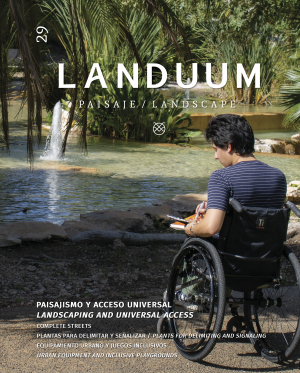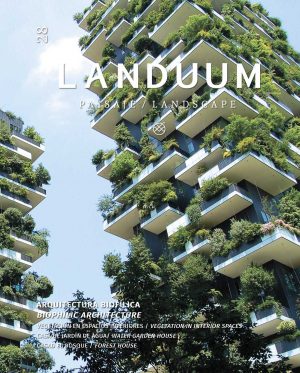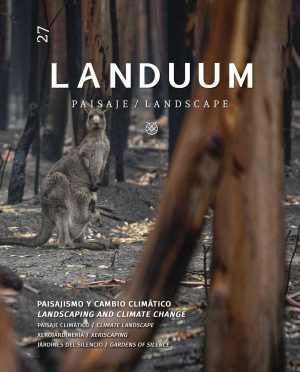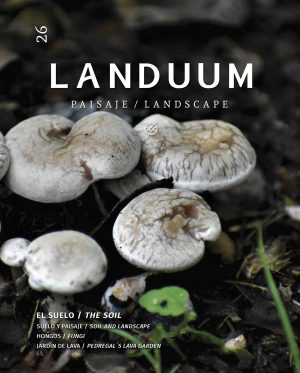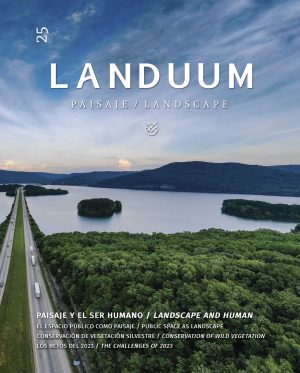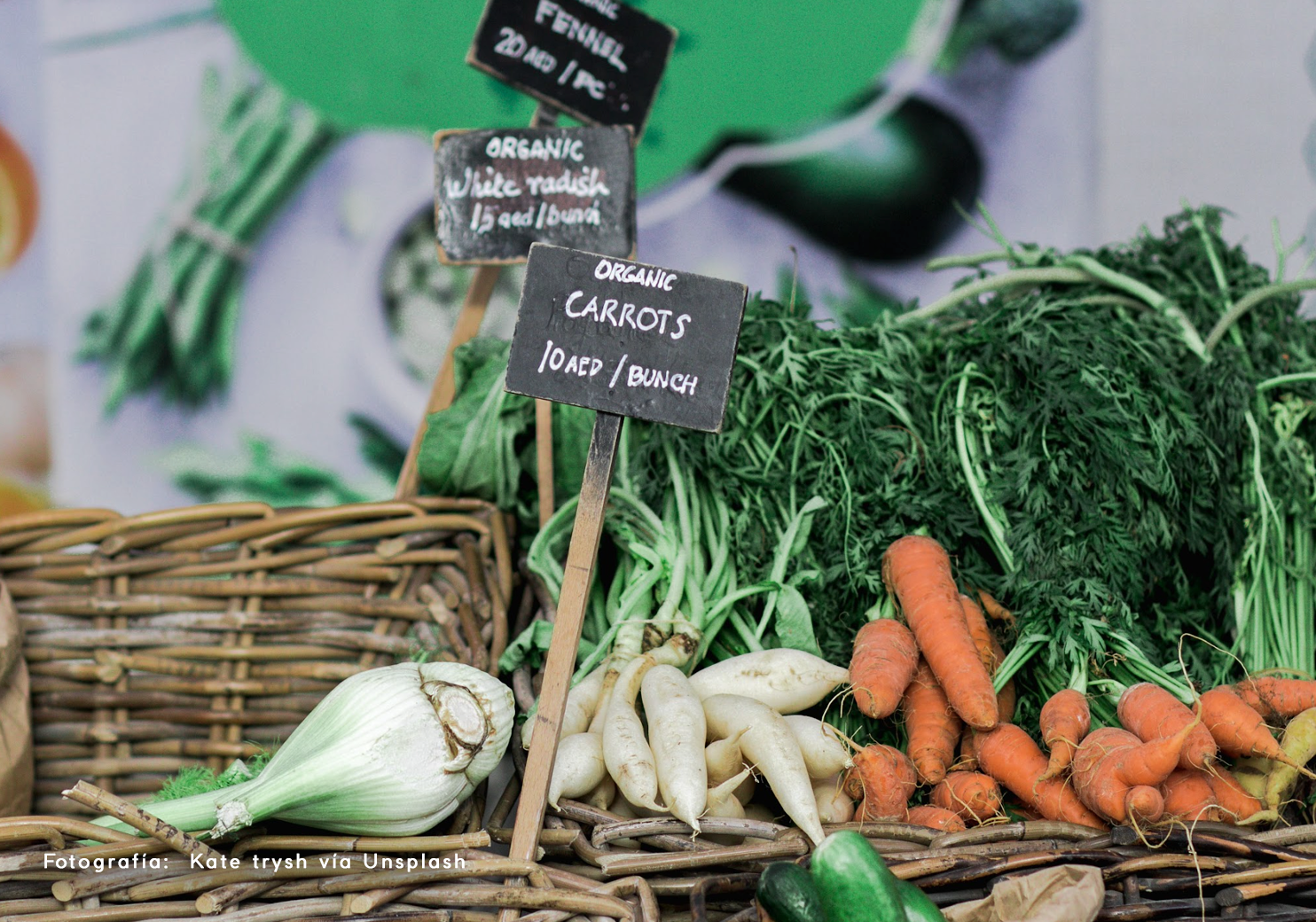
What do we call organic?
What do we call organic? Melissa Carrera explains it to us.
Nowadays, we hear the term organic everywhere, especially when referring to our food, despite its continuous use in labels and advertising there is a lot we can say about it. To understand it we must know that essentially it is thanks to the way in which agriculture is carried out. There are many explanations and definitions of organic agriculture: the FAO (World Food and Agriculture Organization) emphasizes that it is a system that begins by taking into account the possible environmental and social repercussions by eliminating the use of inputs such as synthetic fertilizers and pesticides, genetically modified seeds and species.
To summarize it, natural inputs are allowed and synthetic inputs are prohibited, but, yes, there is a “but”, today we will talk about the exceptions in both cases.
How do I know that the food I buy or consume is organic? Well, that’s why labeling was born, backed by different certifications, which don’t always guarantee that they are completely certified. An organic label indicates that certain production methods have been used to produce a product. Have in mind that the term “organic” denotes a process, not a product. I want to tell you about what happens with the certifications: there are different ones, with different costs and criteria, that although they describe these processes, they also become unattainable for some producers due to the requirements, but above all, the costs.
All certification programs develop lists of authorized synthetic inputs and prohibited natural inputs, some others require environ- mental protection measures, in addition to
the first two, but in effect this depends on the program under which they are certified, even on the country, in which certification is sought.
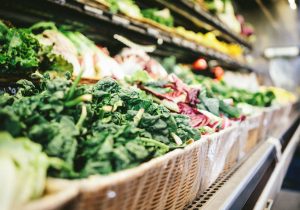
Organic vegetables
Photography: Kate trysh vía Unsplash
Although many farmers in the developing world do not use synthetic inputs, this fact alone is not enough to classify their operations as organic. Organic farming systems and their products are not always certified, these are called “non-certified organic farming or products”.
“Organic agriculture is a holistic production management system that promotes and improves the health of the agroecosystem, and in particular biodiversity, biological cycles, and soil biological activity. Emphasis is placed on the use of management practices, preferring them over the use of off-farm inputs, bearing in mind that regional conditions will require locally adapted systems. This is achieved by employing, whenever possible, cultural, biological and mechanical methods, as opposed to the use of synthetic materials, to fulfill each specific function within the system”. (Codex Alimentarius Commission, 1999).
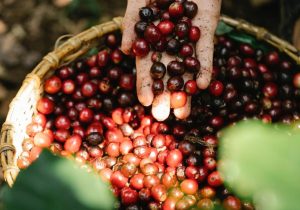
Harvest
Photography: pexels-michael-burrows
I quote the above because I want you to understand that as consumers we have a very important role, to investigate the origin of our food, looking beyond a label. A stamp or label does not always validate the resources, personnel, the environmental impact, the soil, etc. For example, below you have a photograph of two organic farms, one with certification and the other without it.
Do you notice the difference? to your left there is a farm with monoculture (i.e. there is only broccoli, hectares of broccoli, which, yes, may not use synthetics, but does not have diversity, does not enrich the soil, has bare soil, applies insecticides) versus a farm that grows seasonally with the premise of soil health, using mulch, with different species coexisting and above all taking care of the ecosystem. What sounds more organic to you?.
“Consume organic in essence, not only label organic.”
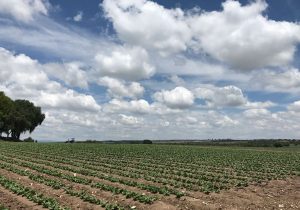
Farm with monoculture
Photography: Melissa Carrera Carmona
“As consumers we have a very important role, to investigate the origin of our food.”
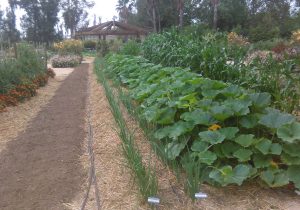
Farm that grows seasonally
Photography: Melissa Carrera Carmona
We must think outside the box. For example, we buy packages of imported apples, packed in plastic bags, which traveled hundreds of kilometers, with an organic seal, but, how sustainable is it to buy them that way, if in the country we have good apple producers, seasonal orchards that not only do not use synthetics, but that also take care of the fauna that lives near the farm, plant seasonally, take care of the soil and of course take care of giving us quality food without damaging the planet.
My intention is not to overwhelm you, it is really an invitation to question yourself, to exercise your power as a consumer and consume organic in essence, not only label organic; it is difficult to approach large producers with large certifications so that they can answer all your questions regarding to its production, don’t rule it out; it’s also easy to support your local garden or farmers markets, who will be happy to respond and even invite you to see agriculture beyond the shelf.
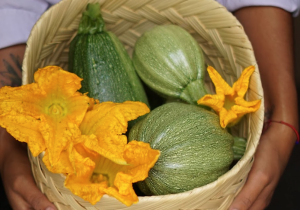
Canasta de calabazas / Basket of pumpkins
Fotografía / Photography: Roberto Pérez Bravo



